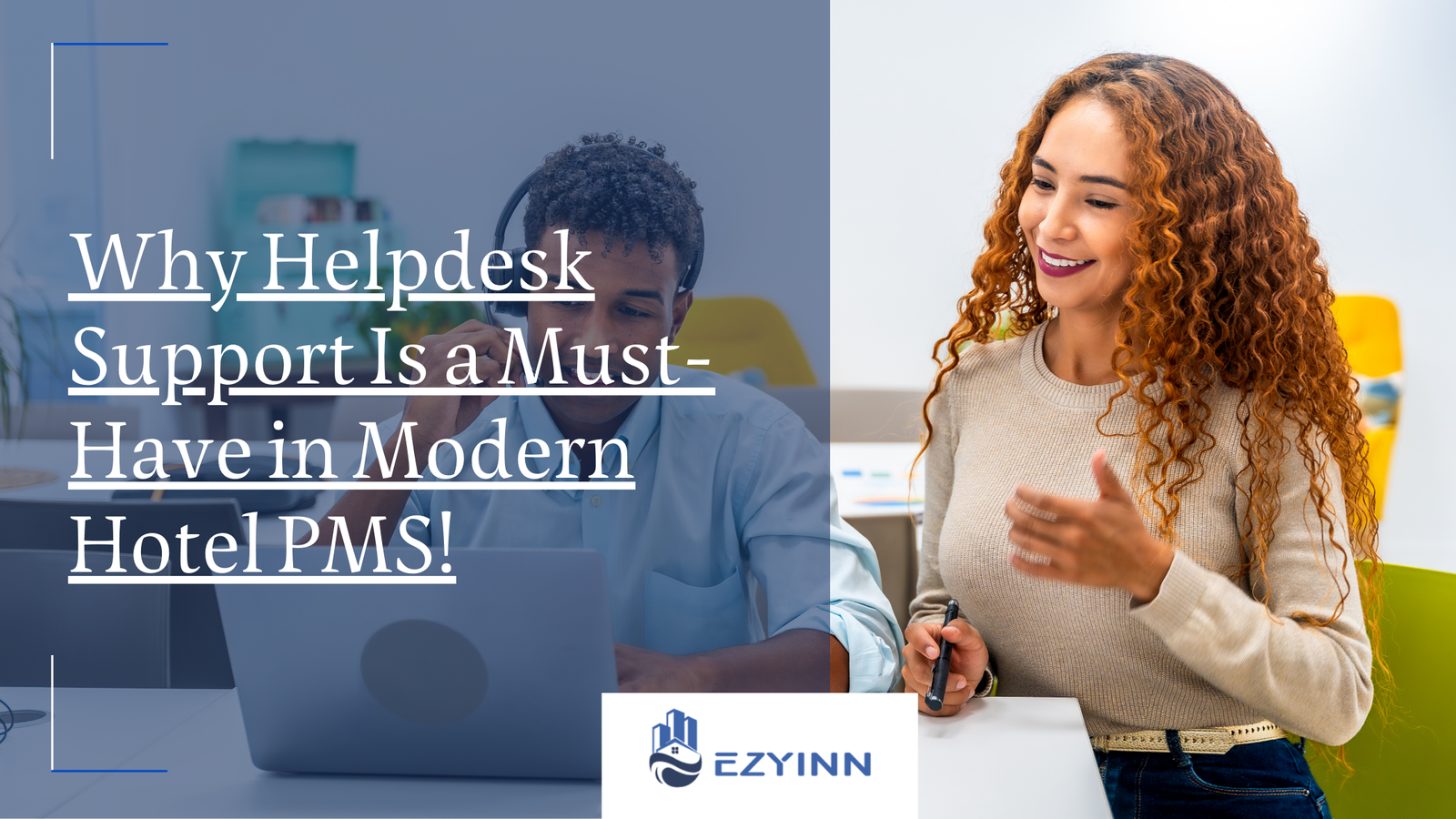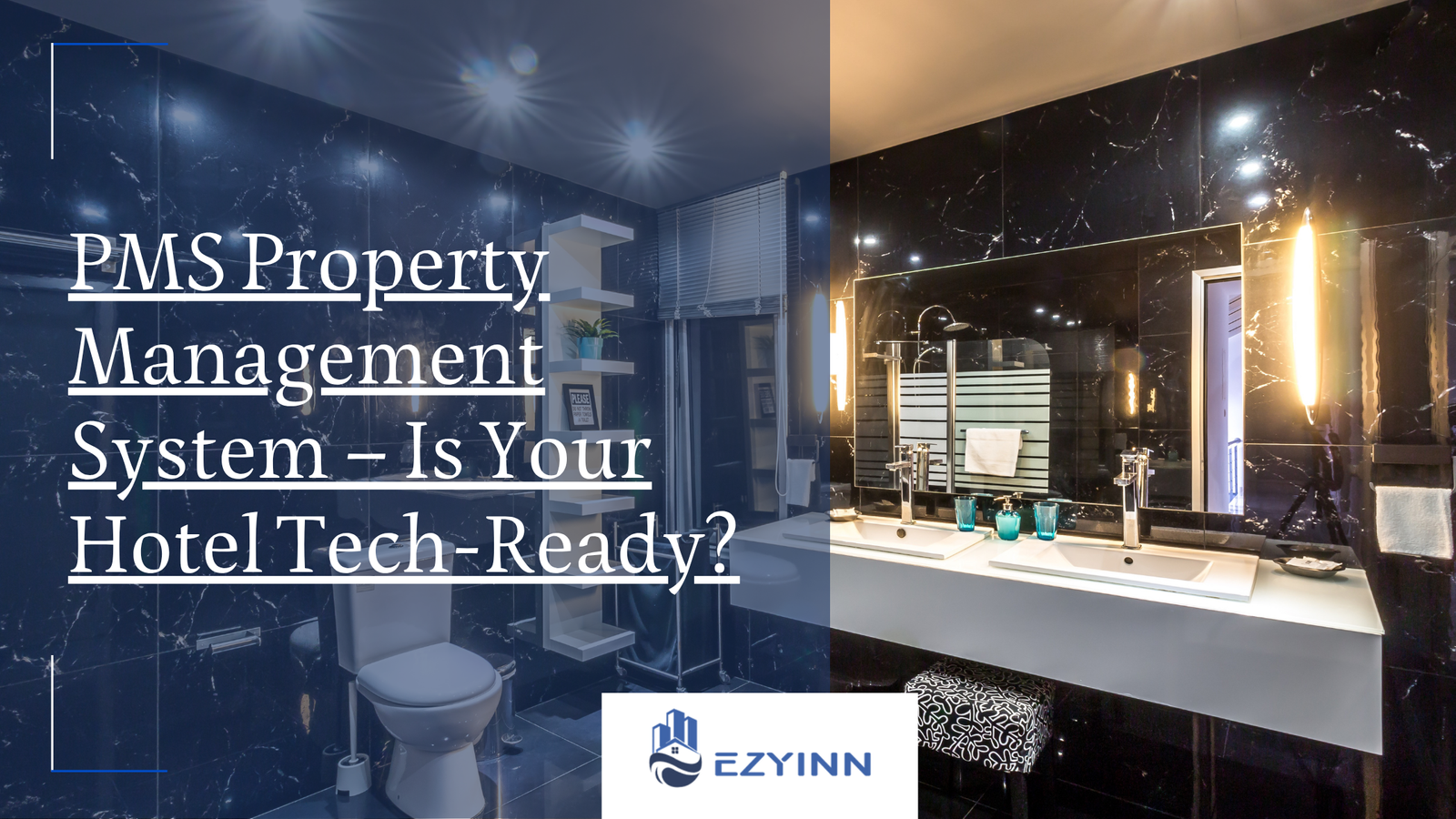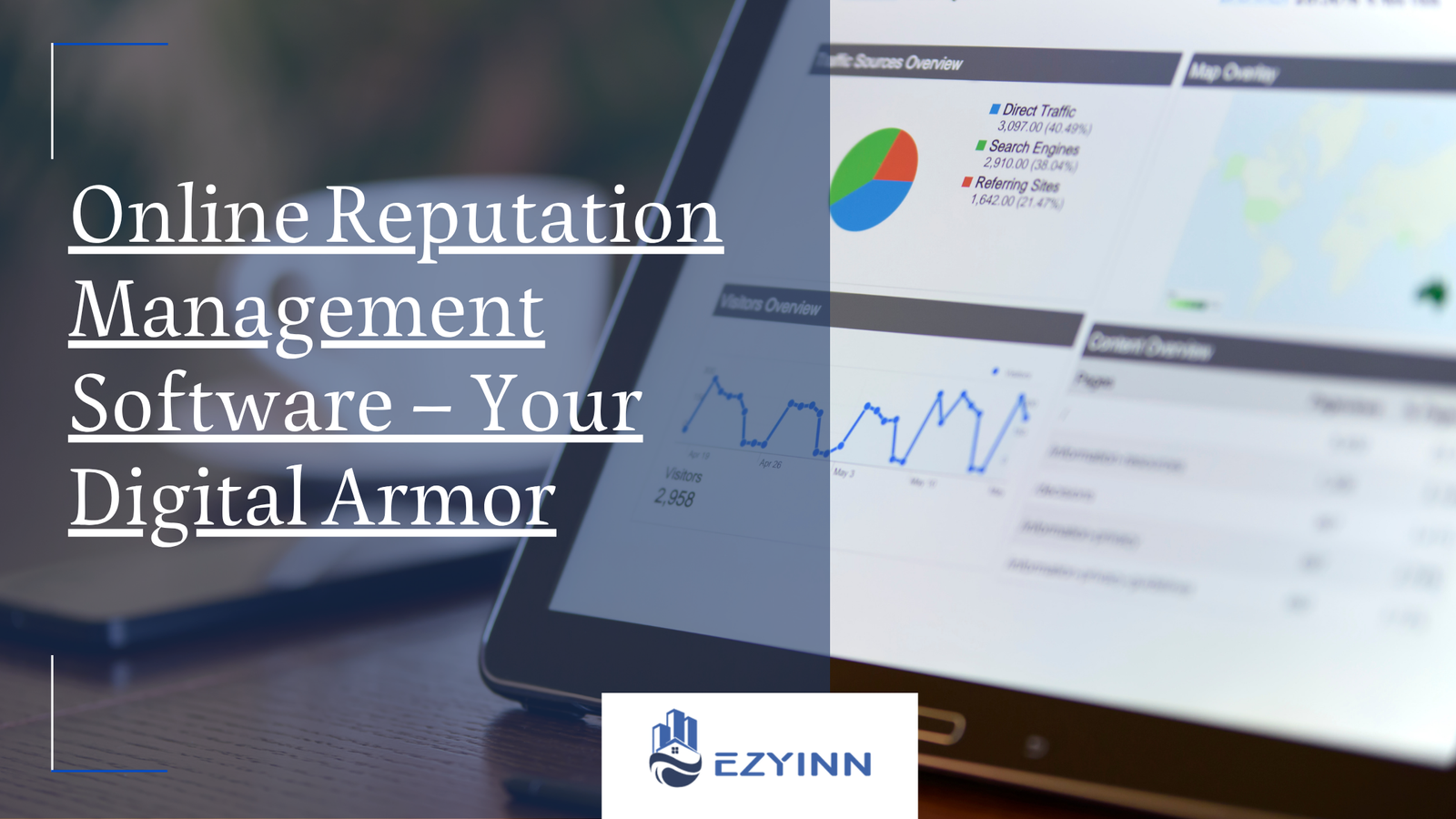More than seventy years ago, hotel reservations were made and tracked using a paper book. In the late 1980s and early 1990s, standard hotel property management system were developed and implemented by larger hotel chains, automating many of the tasks that hoteliers had previously handled manually, such as tracking reservations and check-ins and check-outs.
What Role Does A PMS Have in Hotels Today?
A hotel property management system (PMS) is now more than just a tool for recording guests’ information; it is now integral to the fundamental functions of running a hotel, and it manages everything on both an enterprise level and a guest-facing level. In most cases, it is a dynamic platform that helps hoteliers streamline and manage day-to-day hotel activities, back-office functions, and strategic decisions while also helping to enhance the guest experience, drive revenues, and maximize profitability. In other words, it helps hoteliers be more profitable.
What Further Evolution Can Hoteliers Expect from A Hotel Property Management System?
In a word, the answer to this question is “a lot.” In the not-too-distant future, a Property Management System (PMS) is likely to demonstrate a great deal of growth and innovation in the following areas:
- Cloud-Based Technology
Large, noisy, on-premises software and server rooms are nearly obsolete. In recent years, cloud-based software has become increasingly popular in the hospitality industry, and it is radically altering the way hoteliers conduct business. Cloud computing offers several advantages and benefits over traditional client-server systems, and hoteliers will find that making the switch can significantly boost productivity and profitability.
- Interfacing to Third-Party Vendors
Many hotel property management systems already have the capacity to interface and integrate with other third-party vendors. This enables hotels to build what is known as a “tech ecosystem,” which is comprised of multiple tools, including a PMS, CRM, CRS/GDS, and so on.
Having open application programming interfaces enables a seamless integration with third-party vendors (which means the programming of the PMS platform is open to communicate and interact with the available programming of the third-party vendor).
Open application programming interfaces (APIs) make any technology more flexible, scalable, and powerful. They are also rapidly becoming essential components of any PMS platform, allowing hoteliers to mix and match solutions between vendors and technology partners according to their specific requirements.
Therefore, application programming interfaces have the potential to completely revolutionize the PMS and the capabilities it offers, in addition to other hotel software in general.
- Building Out a Tech Stack
In continuation of the point made above, putting to use the power of a nimble, centralized hotel property management system that can communicate directly with a stack of complementary interfaces and integrations may be able to assist in the repair of broken, manual processes that can drive hotel employees as well as hotel guests crazy.
Hoteliers who make an investment in and build out a technology stack to work concurrently with a hotel property management system (PMS) will be able to transform the entire hotel experience for their back-office employees, employee who interact directly with guests, and guests themselves.
Conclusion
The hospitality industry is during a period of transition as it strives to accommodate its tech-savvy clientele. This will lead to continued transformation and the development of even more dynamic technology solutions by hotel PMS vendors and their partners.
Using a cloud-based, better-supported hotel property management system, Ezyinn makes it easier to offer the best guest experiences, increase revenue, and reduce expenses. Call (408) 715-3635 to schedule a demonstration to learn more about the Ezyinn tool and its features.









